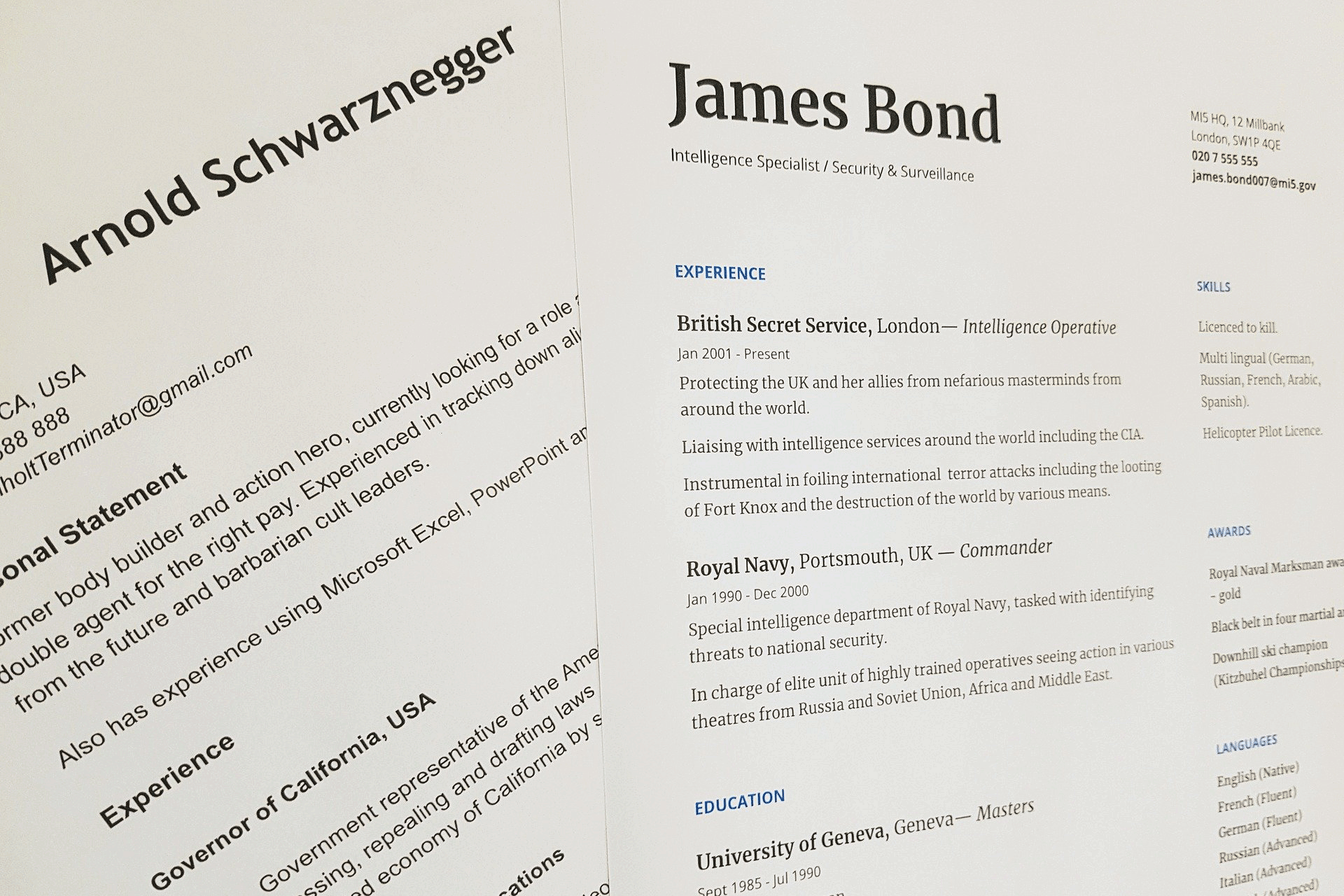If you are applying for summer internships or placements, one of the first things you need to do is update your CV! Creating a stand-out CV is crucial when getting through the initial stage of the recruitment process. You want to make sure your CV is concise, accurate and targeted. Look at a few of our key points below, to guide you when updating your CV.
- Accuracy. Ensure your CV is accurate and consistent, in content, grammar and spelling. If your CV is littered with errors, it could cost you an interview!
- Concise. A UK CV should be no more than two A4 pages in length.
- Tailored. Make sure you target your CV to the specific job you are applying to. Review the job specification and take note of any key skills or values they are looking for, evidencing these, where possible. Directly align specific achievements on your CV with the specific challenges of the role, to make it easy to see why you would be a good candidate.
- Include your degree. Your degree should be at the top of your Education section, even if this has not been completed yet. If your degree is related to the role, you could detail relevant modules, key projects and practical skills gained. Remember to include your grades too!
- Highlight any relevant experience. In your work experience section include your most relevant experience first. You could use an impact heading to distinguish relevant and non-relevant experience e.g., Finance Experience.
- Include non-relevant work too! Employers want to know about your range of work experiences, and how you have developed your soft skills. Transferable skills such as teamwork and communication can be easily demonstrated through bar or retail work. However, if you have lots of experience, don’t feel you have to include everything, just the most recent.
- Professional development section. If you have attended any insight days, completed additional courses, a virtual internship or took part in industry competitions, which are relevant to the role, you could highlight these here.
- Positions of responsibility section. If you have held a key role outside of your studies, such as involvement within a society (e.g., President or Events Officer) or a volunteering role – include these! They are great examples of extra-curricular activities, which can show some valuable skills including, leadership and collaborative working.
- Use positive language and action verbs. Try using words like organised, delivered, implemented, and exceeded to start your sentences, rather than pro-nouns.
- Quantify your statements. Use facts, figures, and percentages, to give impact and build credibility to your statements. For example, ‘Reviewed 30 – 40 articles, per month’.
If you would like your CV reviewed, the Careers and Employability Service offer daily Quick Advice appointments, which are bookable online. Additionally, attend one of our ‘Creating a great CV’ workshops for more advice or visit our CV webpage for templates and further information.
